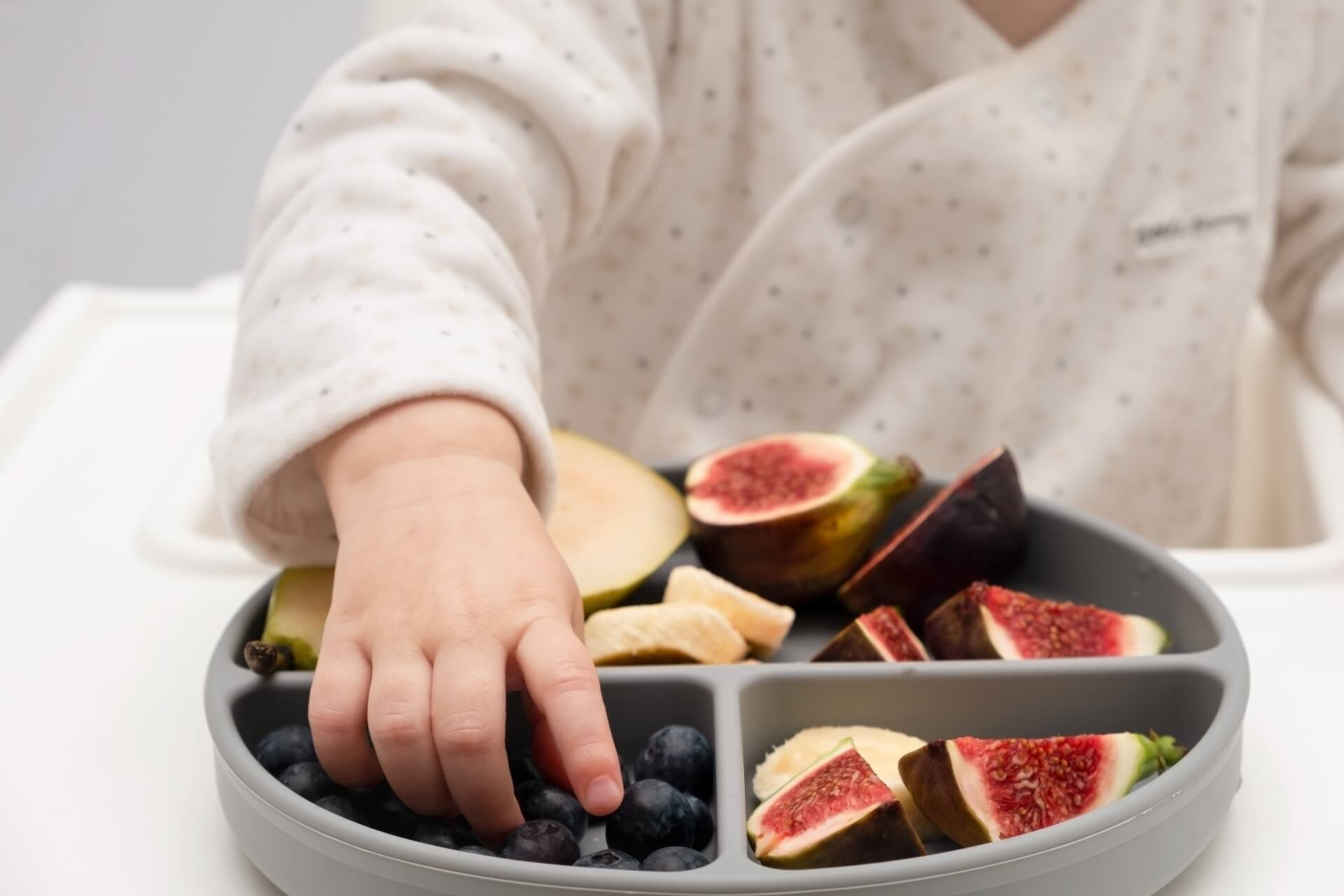In contemporary times, many parents in Kent find themselves concerned about their children’s reluctance to consume solid foods, often observing them turning away from offered meals. Naturally, this can prompt worry about whether the child is receiving adequate nutrition despite occasional refusals to eat.
However, it’s important to recognize that toddlers commonly exhibit aversions to trying new foods or may reject meals altogether. Rather than fixating on daily intake or mealtime rejections, it’s beneficial to consider their overall dietary pattern across a week.
Should persistent concerns arise regarding your child’s nutrition or eating habits, consult a pediatrician in Kent, Dr Rajesh Gupta a children specialist, can provide valuable insights and guidance.
Finding the best paediatrician in Kent, whether it be a private paediatrician or a paediatric doctor practicing in the area, ensures your child receives the highest quality care and attention to their nutritional needs. Dr Rajesh Gupta, a private children’s doctor in Kent can offer personalized attention and recommendations tailored to your child’s specific needs. Contact Dr Rajesh Gupta, a children specialist in Kent. Dr Rajesh Gupta has been a Consultant Paediatrician since 2007.
If a child remains active, maintains a healthy weight, and appears well, they’re likely receiving sufficient nourishment. As long as they consume foods from essential food groups—such as fruits and vegetables, carbohydrates, dairy or alternatives, and proteins—there’s usually no cause for alarm. Introducing new foods gradually and revisiting disliked items can help as children’s preferences evolve.
Strategies for Dealing with Picky Eating Habits
For parents navigating picky eating habits, here are some strategies:
1. Offer the same meals as the rest of the family, sans added salt.
2. Lead by example by eating alongside your child, praising their efforts even with small portions.
3. Avoid coercion if a child rejects a dish; calmly remove it and attempt it again later.
4. Ensure meals aren’t delayed until a child is excessively hungry or fatigued.
5. Limit snacks between meals to two healthy options per day and moderate milk intake to prevent satiation and iron deficiency.
6. Refrain from using food as a reward, opting instead for non-food incentives like outdoor activities or playtime.
7. Foster enjoyable mealtimes focused on conversation, discouraging distractions like phones or TVs.
8. Encourage dining experiences with peers or admired adults, as children may be more inclined to eat in their presence.
9. Experiment with food presentation to enhance appeal, considering alternatives like raw vegetables if cooked versions are rejected.
By embracing these approaches, parents can navigate fussy eating habits while promoting a balanced and varied diet for their children.
Contact Dr Rajesh Gupta, a children specialist in Kent. Dr Rajesh Gupta has been a Consultant Paediatrician since 2007.


